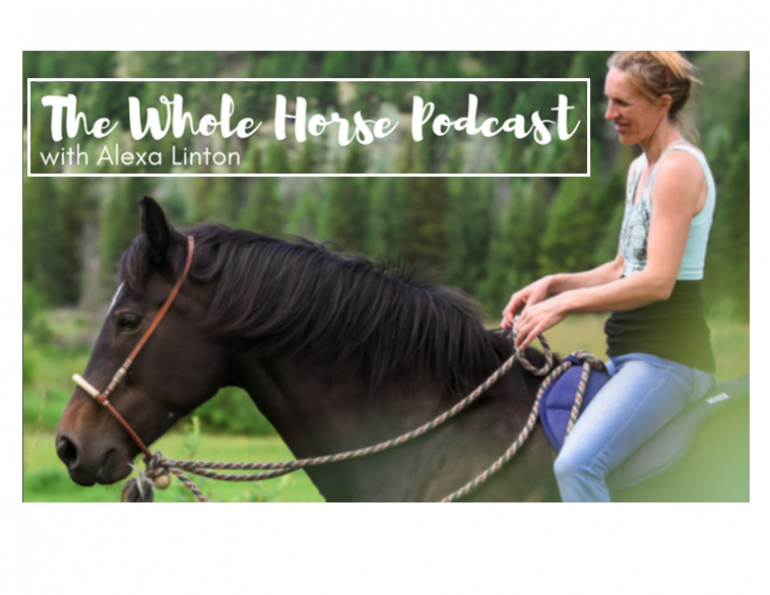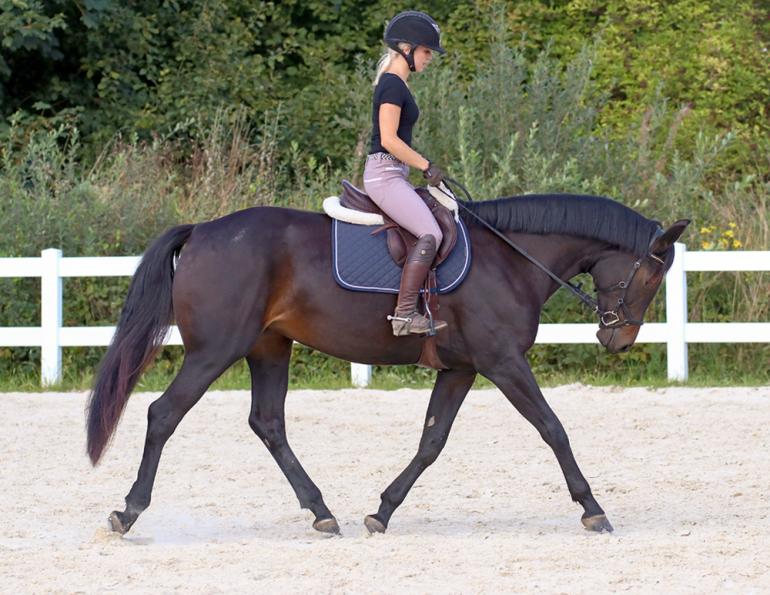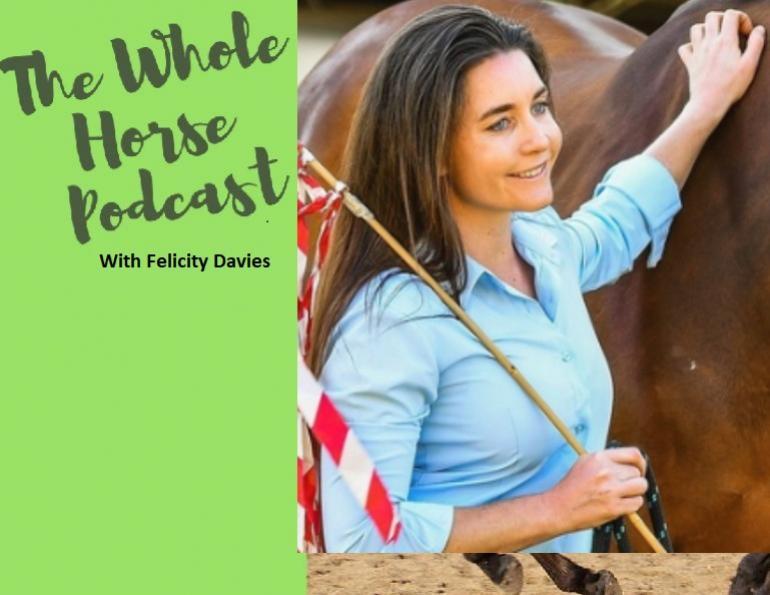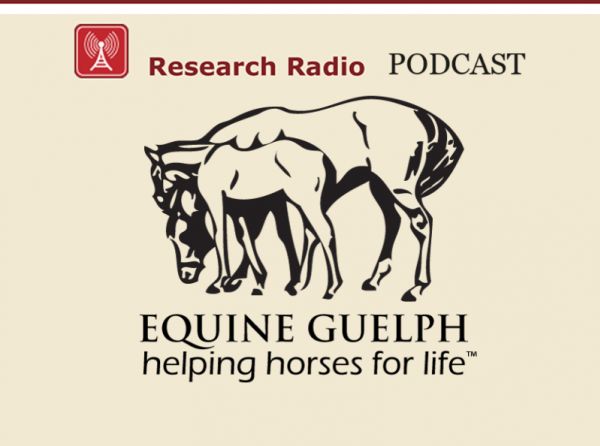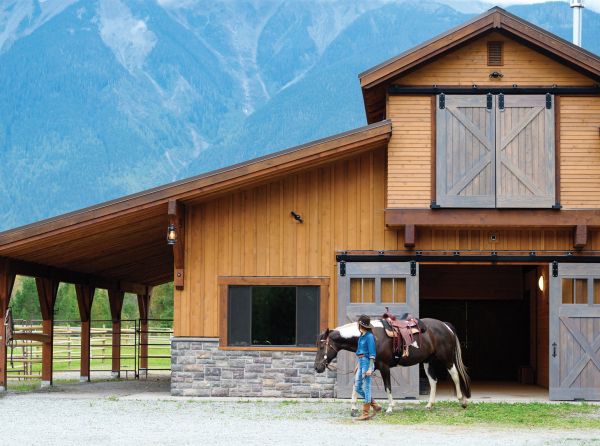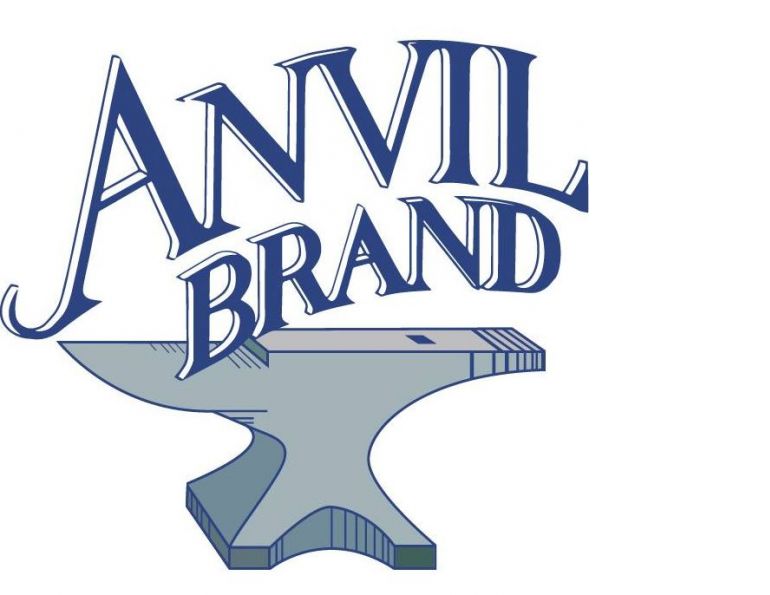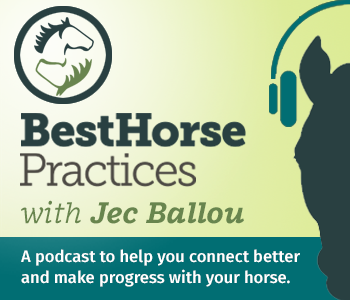3 Healthy Eating Tips for Riders

By Bridget Braden-Olson
A horseback rider’s lifestyle is very different from that of the average person. When at the barn with your horse, time can slip away and eating is usually the last thing a rider is thinking about.
Thinking that you are going to lose weight because you’re not eating but still doing barn chores will backfire. Anytime you withhold food from your body, the body will slow down and prevent losing weight.
We are all athletes and part of being an athlete is knowing how to eat for your lifestyle. Knowing how many calories you need to eat to survive is called your Basal Metabolic Rate (BMR). Anyone can calculate this number but it only shows you what you need to survive at rest. BMR does not account for the calories you are expending at the barn with your horse. It’s our job to eat for what we do as horseback riders.
1 – Snacking versus starving
Starving yourself is bad, snacking is better. When you starve yourself for more than four hours, your body is going to use whatever you eat next as storage instead of fuel. The body fears that food will be scarce for another four or five hours, so a portion of the calories get put into the body’s reserves. It’s better to eat smaller meals every two or three hours than allow for big gaps between meals.
Snacking is good but snacks are just snacks and cannot be considered meals. At the barn, it’s easy to munch on a bar or a bag of trail mix while you’re hosing off the horse and cleaning your tack, but you still need to eat a meal once you get home.
2 – Pay attention to your meals
When people think of meals they tend to create a plate of food groups balanced in nutrients to fit their needs. Paying attention to your meals is key to healthy eating.
Even if you are snacking with healthy nuts and fruits during the day, meals need to be a big priority. If meals are not strategically placed throughout the day, dinner will end up being the largest meal of the day. If you want to gain size, go ahead and have a big dinner every night. Most horseback riders want to lose weight and tone up, so “eat big” earlier on in the day.
3 – Binge eating at night
After the sun goes down and all the chores are done, the hunger takes control. If you haven’t consumed enough calories during the day, by nighttime your body needs fuel to recover and prepare you for tomorrow’s activities. Not eating during the day can turn you into a ravenous beast in the kitchen at night, shoveling anything and everything into your mouth. Binge eating will not lead to the healthiest choices in the kitchen.
Avoid this by eating enough calories for your body before the sun goes down.
Main blog photo: Canstockphoto/Yekophotostudio




